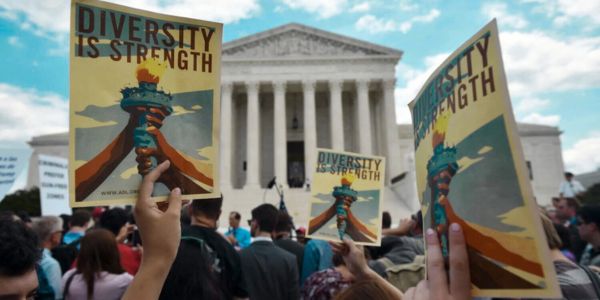In a major move that revives and expands a signature policy from his first term, President Donald Trump’s administration has implemented a sweeping travel ban affecting citizens from 19 countries, with the new rules officially taking effect Monday, June 9, 2025. The policy, which targets national security concerns, imposes full entry bans on 12 nations and partial restrictions on seven others—impacting millions across Africa, the Middle East, and beyond.
Full Ban: 12 Countries Blocked from U.S. Entry
The following countries are now subject to a complete entry ban, prohibiting their citizens from entering the United States under any visa category:
- Afghanistan
- Myanmar (Burma)
- Chad
- Republic of the Congo
- Equatorial Guinea
- Eritrea
- Haiti
- Iran
- Libya
- Somalia
- Sudan
- Yemen
These restrictions apply to both immigrant and non-immigrant visas, including those for tourism, business, education, and family reunification.
Must Read: Elon Musk’s America Party: Is a New Political Movement Coming?
Partial Restrictions: 7 Countries Face Limited U.S. Access
Citizens from seven additional countries face targeted bans, barring them from obtaining new B-1 (business), B-2 (tourist), F (student), M (vocational student), and J (exchange visitor) visas:
- Burundi
- Cuba
- Laos
- Sierra Leone
- Togo
- Turkmenistan
- Venezuela
While some visa categories remain available, most common pathways for temporary entry are now closed for these nations.
Why the Ban? Legal and Security Justifications
The Trump administration cites sections 212(f) and 215(a) of the Immigration and Nationality Act as the legal foundation, granting the president authority to bar foreign nationals deemed a threat to U.S. interests. The White House points to terrorism risks, inadequate identity management, high visa overstay rates, and lack of cooperation from foreign governments as key reasons for the expanded ban.
Who Is Exempt?
- Lawful permanent residents (green card holders)
- Individuals with valid U.S. visas issued before June 9, 2025
- Dual nationals traveling with passports from unrestricted countries
- Afghan Special Immigrant Visa holders who aided the U.S. government
- Immediate family members of U.S. citizens (with proper documentation)
- Athletes participating in the 2026 FIFA World Cup or 2028 Los Angeles Olympics
Policy Review and Future Changes
The proclamation includes a mandatory 90-day review, allowing for the possibility of lifting restrictions if countries improve their security and cooperation with U.S. authorities. The State Department has instructed embassies not to revoke existing visas, ensuring those already approved can still travel.
Reactions and Impact
The ban has sparked protests and legal challenges nationwide, with critics arguing it disproportionately targets African and Middle Eastern nations and raises humanitarian concerns. The administration maintains the measures are crucial for national security and pressuring foreign governments to strengthen their vetting systems.

